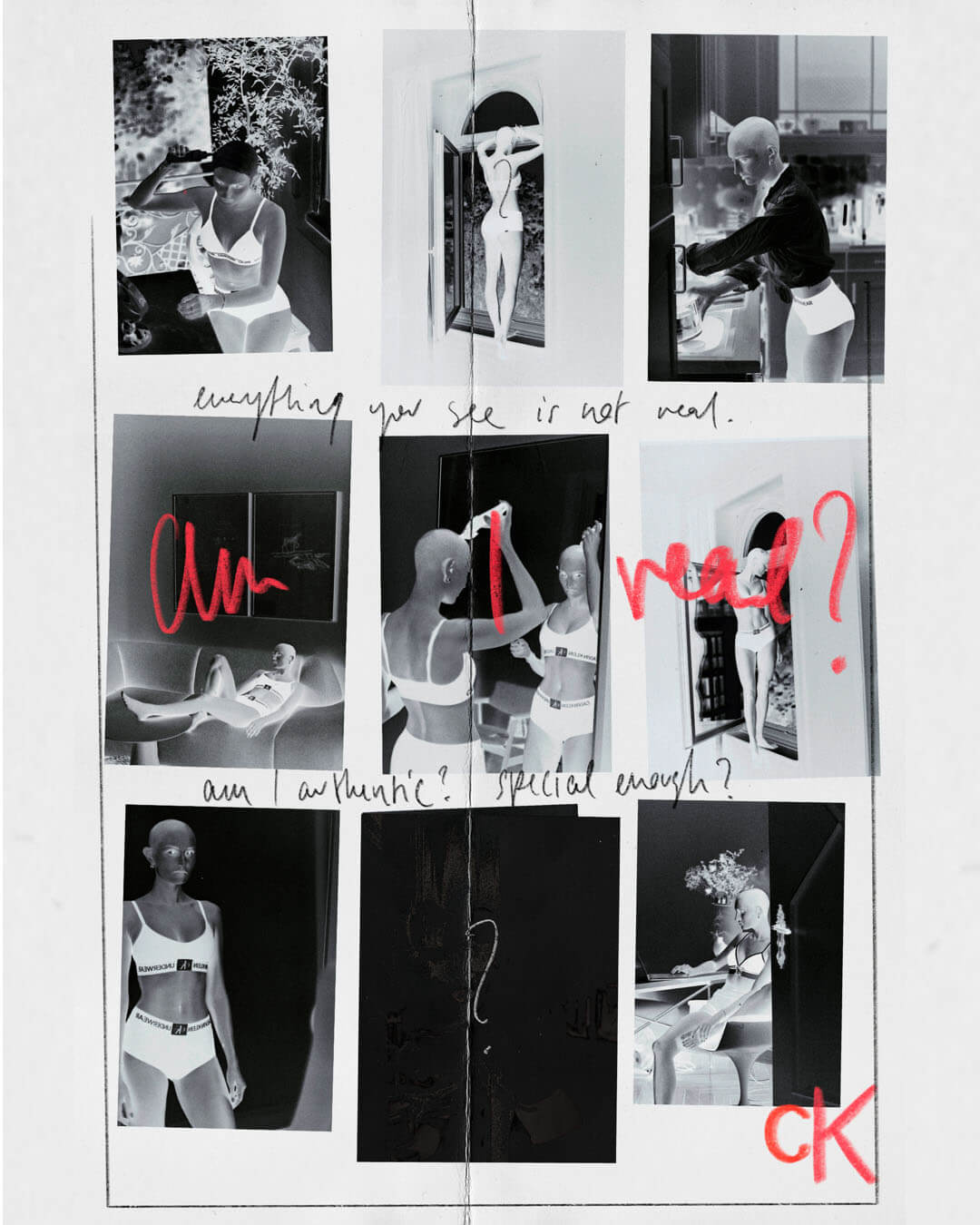For those in the Vogue Runway fashion following, Stefano Pilati may best be known for his Uber-Milanese aesthetic and long roster of design and development alignments. We’re talking Armani, Prada, Yves Saint Laurent, Zegna… But in Berlin, Pilati is most endearingly known for his personal brand “Random Identities.” The Berlin-based Random Identities, founded in 2018 shortly after Pilati’s own move, is a love note to his new home base in the German capital.
“Living in Paris or Milan, you’re inundated with fashion to the point of suffocation. I was under enormous pressure, and that pressure was simply being surrounded by fashion people, fashion stores, gigantic campaigns…” Pilati moved to Berlin in 2016, pointedly deciding to focus on a life outside of fashion. “It felt like a difficult landing place, but you don’t feel the pressure of your work, so you focus on your inner self.” Focus on himself he did, and two years later, Pilati had a new vision in mind thanks to new experiences, finding new inspiration in people actively railing against the notion of fashion people, fashion stores, and gigantic campaigns. With “Freedom of Behavior” emblazoned on the crown of the designer’s head, Pilati became a facet of the Berlin nightscene, with many of those surrounding him not knowing what his star-speckled past entailed. He leaned into the unexpected, seemingly enjoying the newfound anonymity he found in Berlin, and set out to write a new chapter not only for himself, but for fashion.
Pilati’s ‘Random Identities’ collections have remained mostly monochromatic and coyly serious in its fabrication- a nod to black-laden Berlin and its modern-day urban-utilitarian unisex uniforms- although his are based on feeling rather than on workplace. The garments feel clever, playful, free-wheeling, open to anything- just like those he garnered inspiration from on the dance floor. The term ‘androgynous’ does not best suit Pilati: he takes normalized pieces from classic genders- bras, strict tailoring often found in menswear, heeled workboots- and allows the wearer to style the clothes according to their own personal liking, regardless of assigned gender. But his pieces were never haphazard in their design; he took them very seriously. He draws on his extensive history of meticulous tailoring and minute facets of detailing to give his playful pieces a lasting power to be worn for decades, not just a passing-fad season.

Enter Friends of Fendi: Earlier this year, the couture and ready-to-wear Fendi designer Kim Jones tapped Pilati to join forces for a limited run collaboration with the Roman heritage brand. Fendi acknowledged the new tide that Pilati was directing in such an anti-Fashion city, and Jones picked up on the smart pivot to a younger crowd not interested in high streetwear, but in well-made staples at a higher, yet still conceivable, price point.
This Fendi collaboration could easily have been a disaster. Even worse, the collaboration could have been a slap in the face to the community Pilati extrapolated so much inspiration from. But instead, we are shown an easily wearable series of transitional office-to-party attire, in an Italian manner. The only difference from Berlin’s transitional outfit ethos is that we are night-to-day.

Pilati leans into the pinnings of a nonchalant soiree. The Roaring 20’s are on display (debatably the stylistic high point of Berlin, when gender was negated and opulence was costume jewelry & secondhand furs, and gilded debauchery was encouraged. We all know what shortly happened thereafter.) “There is a sense of flux and transition in the silhouettes themselves. Things are undefined and unfinished. It is a question of defining things, of being open to new ways of defining is important both for the clothes and the attitude.” The collection represents a harmonious blend of Pilati’s Berlin-inspired ethos and Fendi’s Roman heritage, showcasing a thoughtful and versatile approach to fashion that transcends traditional boundaries and looks just like it’s designer: sexy because it is, free because it wants to be.
Photography by Random Identities, and Johnny Dufort & Collier Schorr, courtesy of Fendi




























